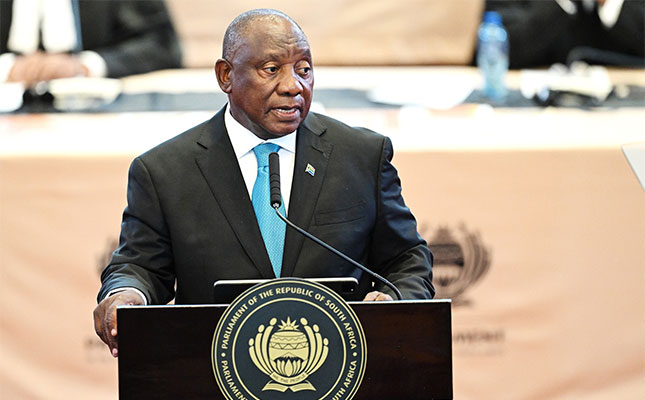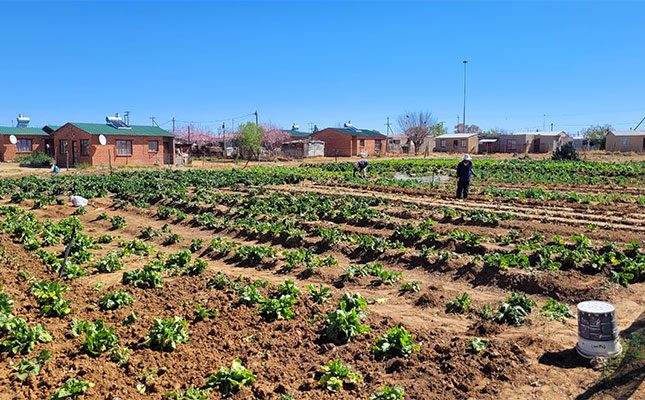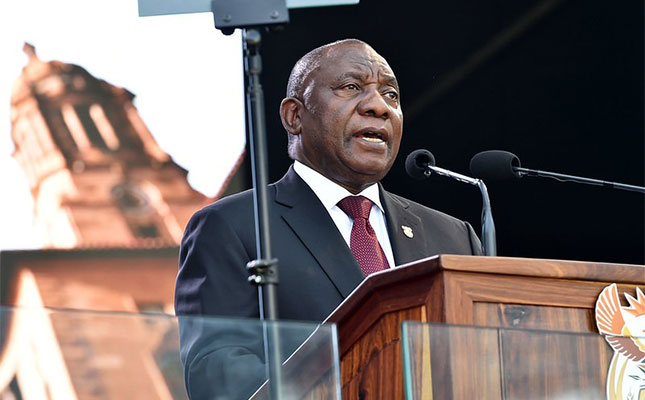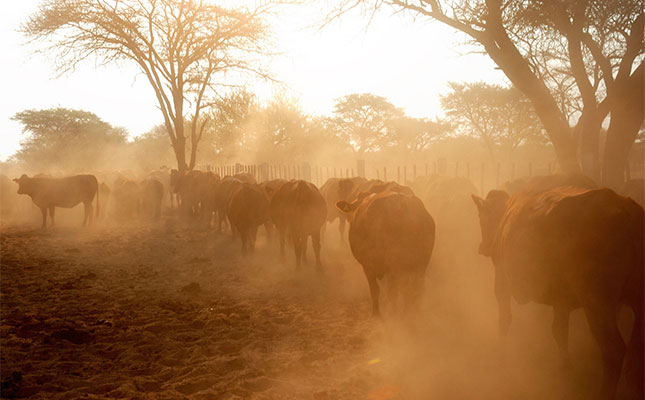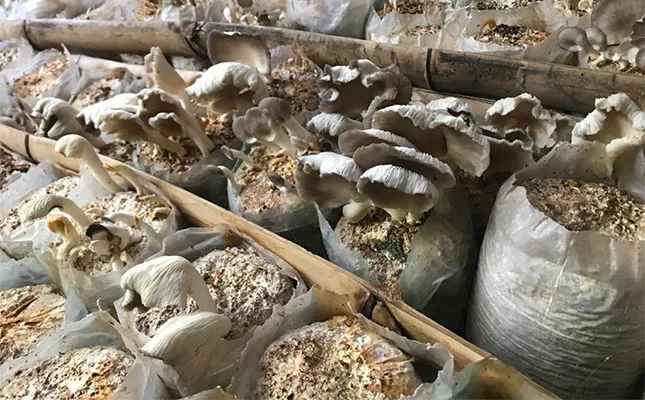
The farm is set to close in December 2025, making it the second Denny Mushrooms facility to shut down since 2022. Only the Gauteng farm will remain operational.
READ Meticulous management drives success for mushroom grower
The company declined to comment on the reasons why the farm was closing and the volume of mushrooms that would be removed from the market.
Market impact after Denny’s closure
William van Niekerk, director of Cape Town market agent Fine Bros, told Farmer’s Weekly that once the farm closed, shortages in the market would be felt, which could lead to price increases.
There is uncertainty over what Denny Mushrooms’ exit would mean for pricing over the long term, as the high volumes the company produced meant it had a big influence over prices.
“Denny does not discover prices daily on the fresh produce markets based on supply and demand, like other commodities. They decide on a feasible price and keep it constant throughout the year. Because of the competition in the market, most other producers have to follow suit,” van Niekerk said.
He noted that until the supply gap left by Denny Mushrooms was filled over the long term, any farmer who could increase supply in the meantime stood to benefit.
Challenges in mushroom production
Farmers said the industry was ready and able to fill any gaps left in the market by Denny’s closure. However, they cautioned that mushroom farming was expensive and not an easy industry in which to succeed. Profitability was also under pressure since input costs were high, but the economic pressure faced by consumers meant prices were flat.
READ Oyster mushroom farming: an affordable start-up
Marietjie Kruger, owner of Chanmar’s Humble Mushrooms near Heidelberg in Gauteng, said the pressure on consumers meant that many thought twice before buying mushrooms. “It is a luxury product and many look for cheaper ingredients that can go further,” she explained.
Kruger noted that the trend towards veganism had increased demand for mushrooms in recent years, as had the interest in exotic mushrooms like shiitake and enoki. “But for button mushroom farmers like me, it is a challenge to balance costs with income.”
Biosecurity and innovation
A key factor in the success of mushroom farmers was biosecurity. “Pathogens spread like wildfire on a mushroom farm and can wipe you out in a matter of days. It is very difficult to get up and running again after that, and most farmers will exit the industry at this stage,” she said.
Kruger added that finding a suitable substrate was also challenging, since it needed to be extracted from wetlands abroad and imported. This had caused concern among environmentalists who were working to halt such extraction.
READ APAC highlights need for transparency in agricultural marketing
Kruger, however, had found an alternative, highlighting the need for mushroom farmers to be adaptive and innovative to survive.
Whether there was room for market and production growth, Kruger said the mushroom industry was not one that was kind to new entrants.
“Mushroom farming is highly technical and expensive to set up. The school fees are costly, and farmers considering mushroom farming need to do their homework,” she explained.
Get trusted farming news from Farmers Weekly in Google Top Stories.
➕ Add Farmers Weekly to Google ✔ Takes 10 seconds · ✔ Remove anytime
